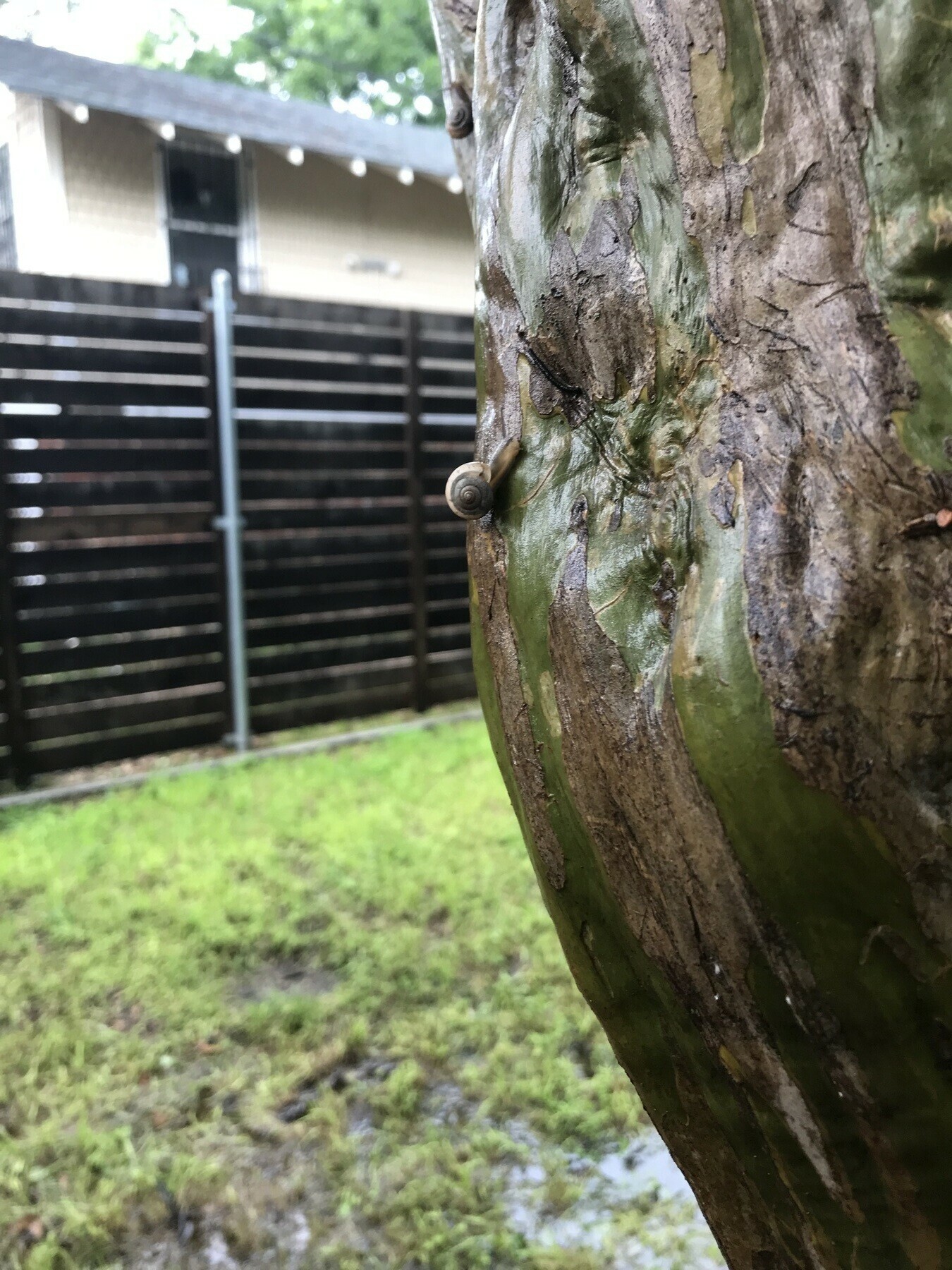
Mark Sebanc’s article makes the case that Tolkien deployed the serious and learned device of play in his fantastic, or what Tolkien called ‘Enchanted,’ stories. Sebanc:
It seems to me that of all the ways of looking at Tolkien’s mythopoetic genius, at the truths that he breathes with praeternatural elvish craft through silver, the most comprehensive and overarching way would be to see it as falling into the category of a game-something that the ancients saw as being far from shallow and sophomoric, merely a children’sthing, as we might be tempted to see it. Plato links play with culture, denominating these two ideas as the things he deems most serious. These two words, “play” and “culture,” are, moreover, closely cognate in the original Greek. This is no accident of etymology. There are untold and fascinating intellectual depths to this idea of play, which Huizinga’s magisterial work, Homo Ludens, goes far towards explicating. It strikes me as being one of modern intellectual history’s idkes mnitresses, a superb interpretive tool with the help of which we may arriveat a better understanding of Tolkien’s achievement and, adver- satively, a keener insight into the poverty of thought and form that blankets modern literature like a miasmic counterpane of marsh gas.
It occurs to me that a profound sense of play requires the work of improvosation. What seems to link play together with improvisation is the element of surprise. Surprise unfurls reality with a sense of ‘all-of-the-sudden-ness’. All of the sudden, something concealed is revealed; yet, in being revealed, the reality is simultaniously uncovered and made strange.
The juxtaposed paradox of coming to know and being left wondering leaves the knower with a sense of delight. The surprise and delight of play and improvisation act something like the lowest common denominator of that allusive quality we term humor. Steve Wilkens: pulls some of these threads together:
It is hard to define humor itself. A dictionary definition such as ‘something that is or is designed to be comical or amusing” hardly seems to capture the richness and variety of humor. Instead of attempting to define humor, it seems more helpful to focus on how it works. Humor builds on punch-line surprises, disruption of the conventional, reversal of expectation, juxtaposition of seeming incommensurate things, challenging boundaries, misinterpretation, redefinition of the familiar, satire, paradox, irony, and other related devices…Doesn’t it seem possible that these incongruities and surprises share common ground with humor, and isn’t the delight we should feel at the oddity of these stories akin to the delight we experience in a good joke?

